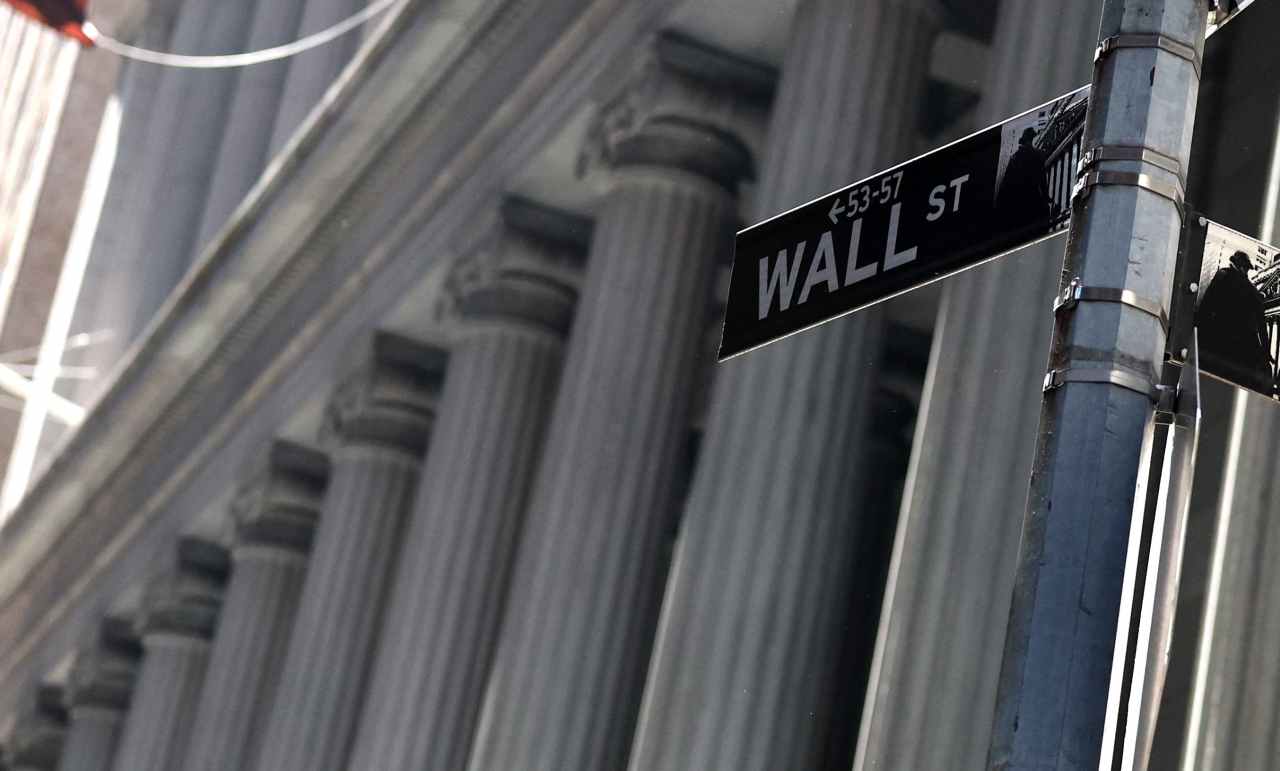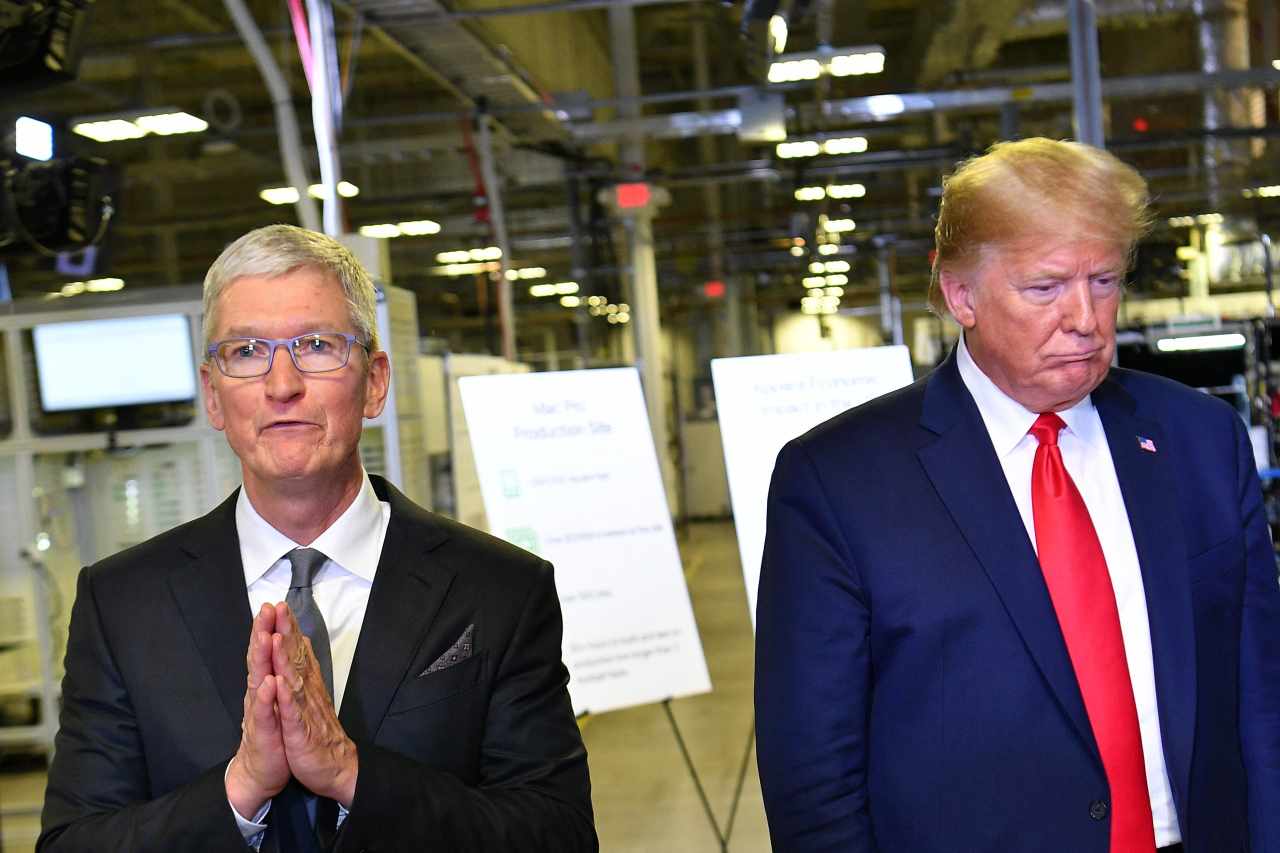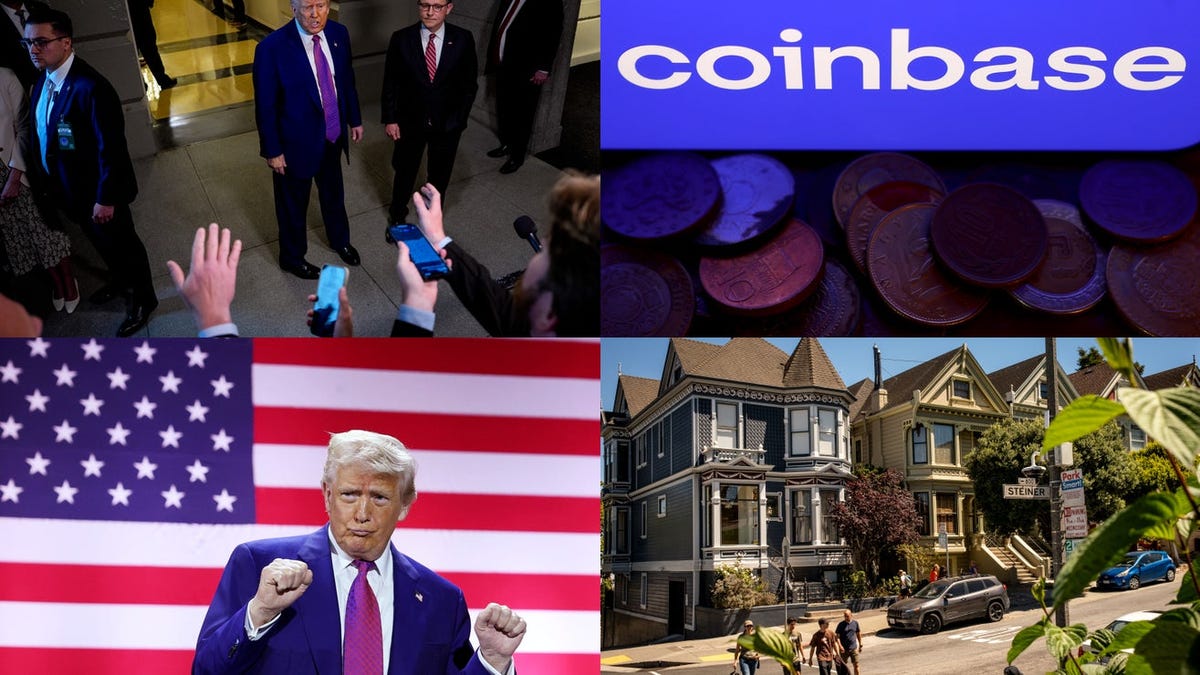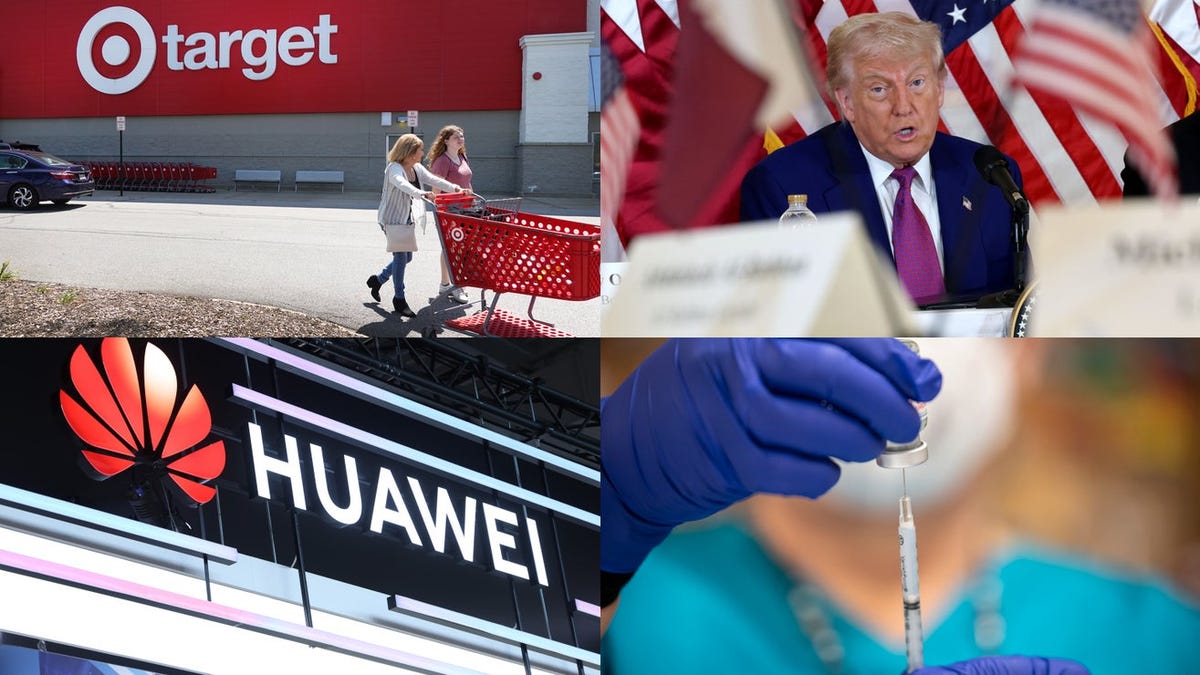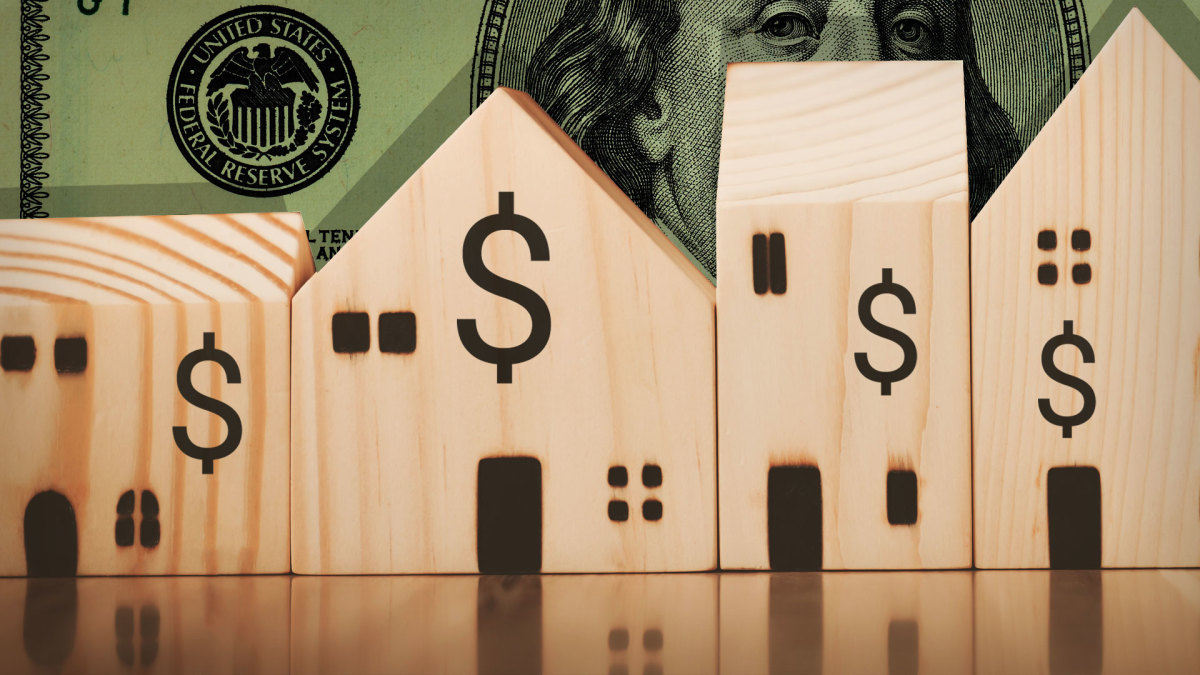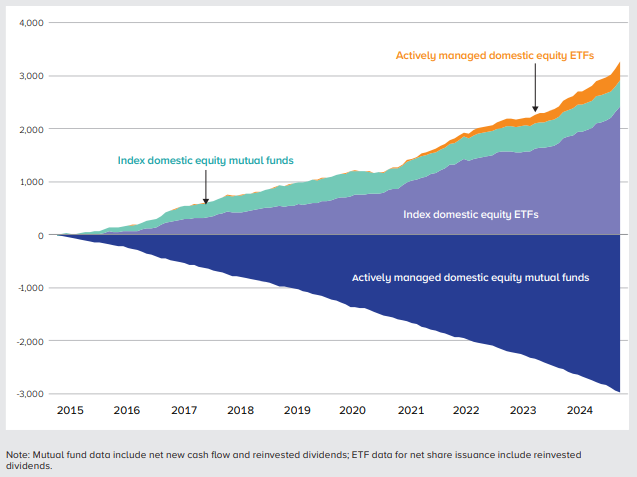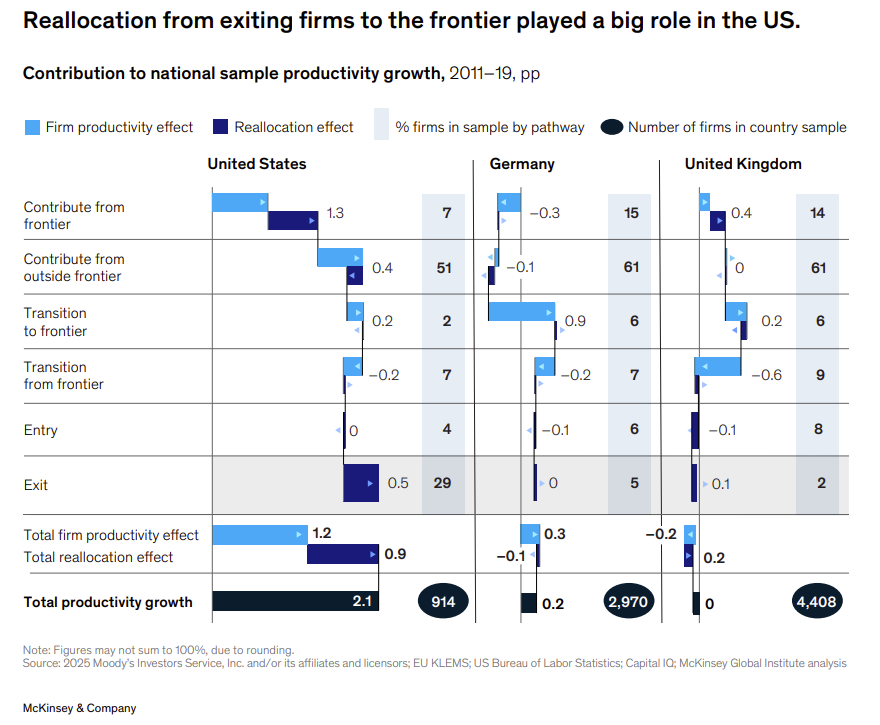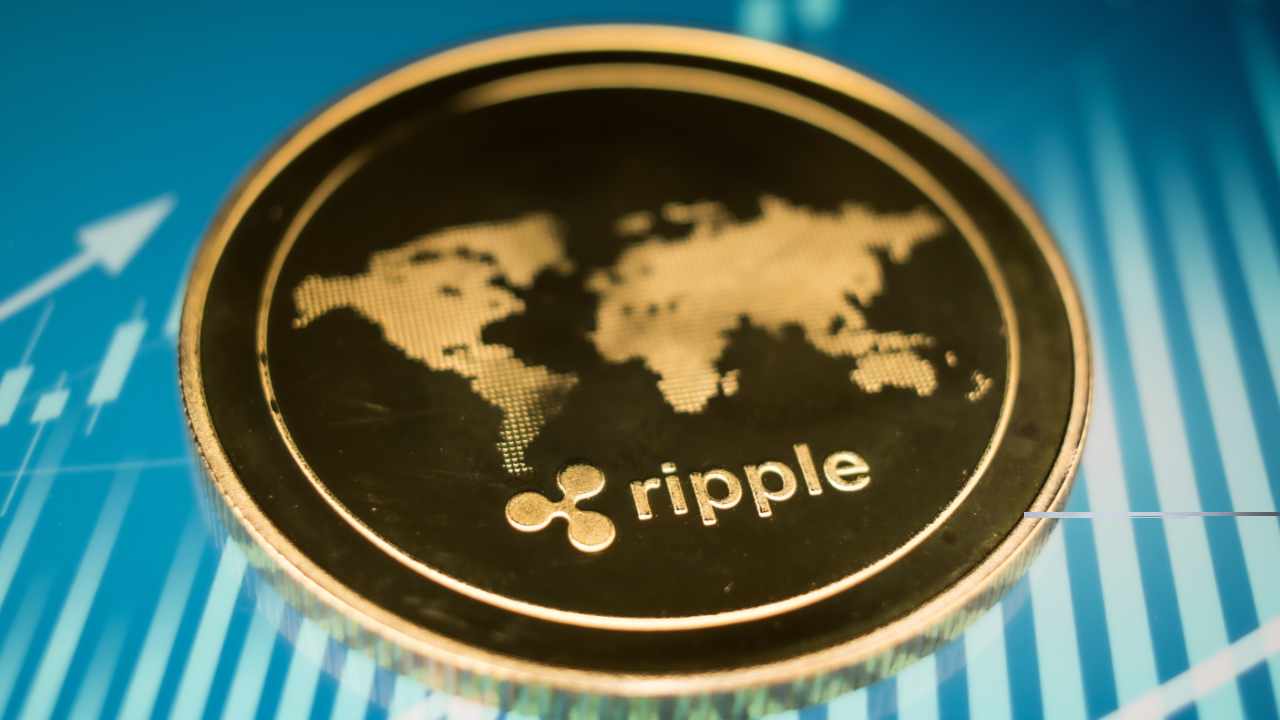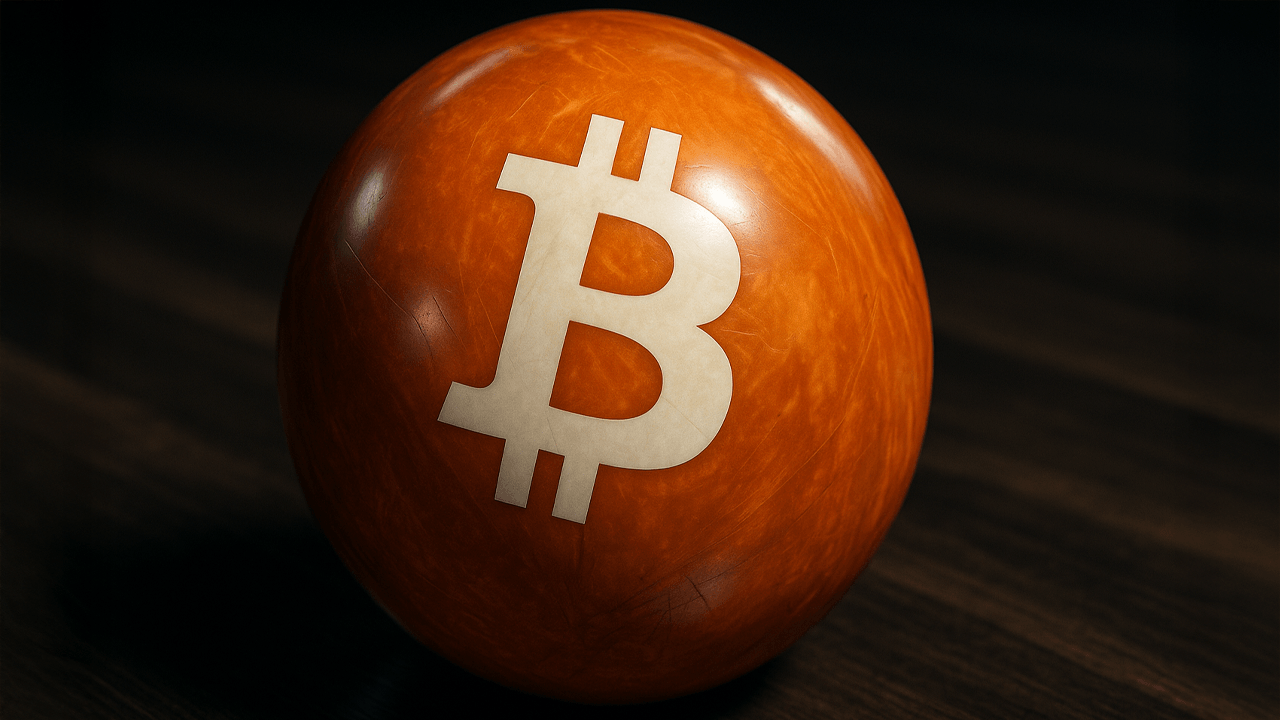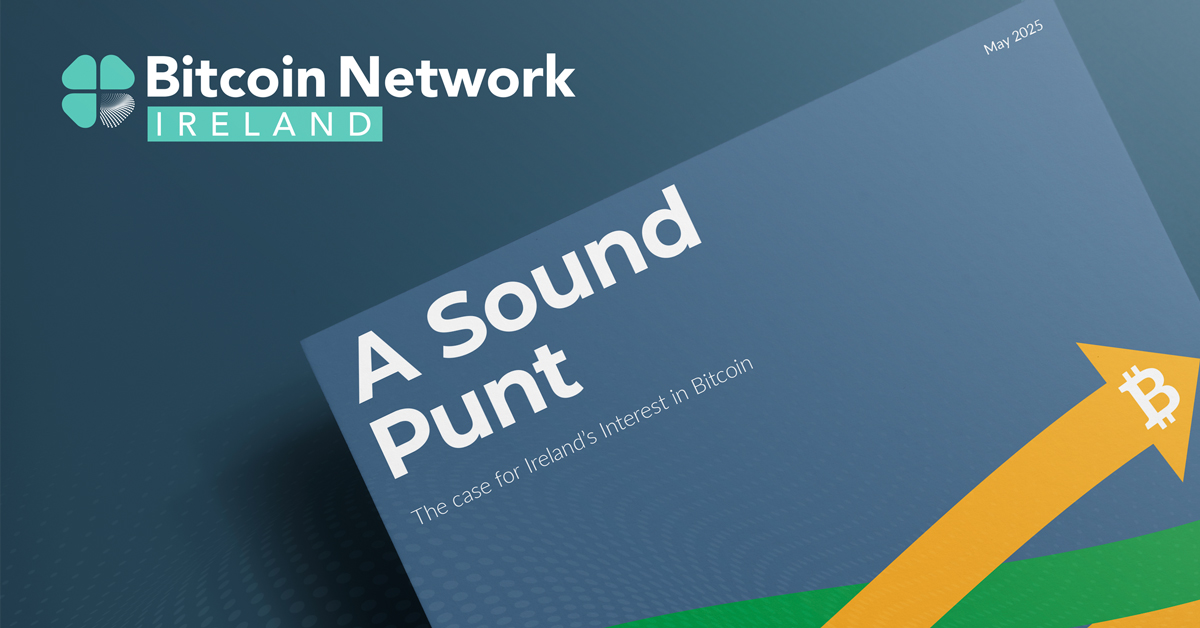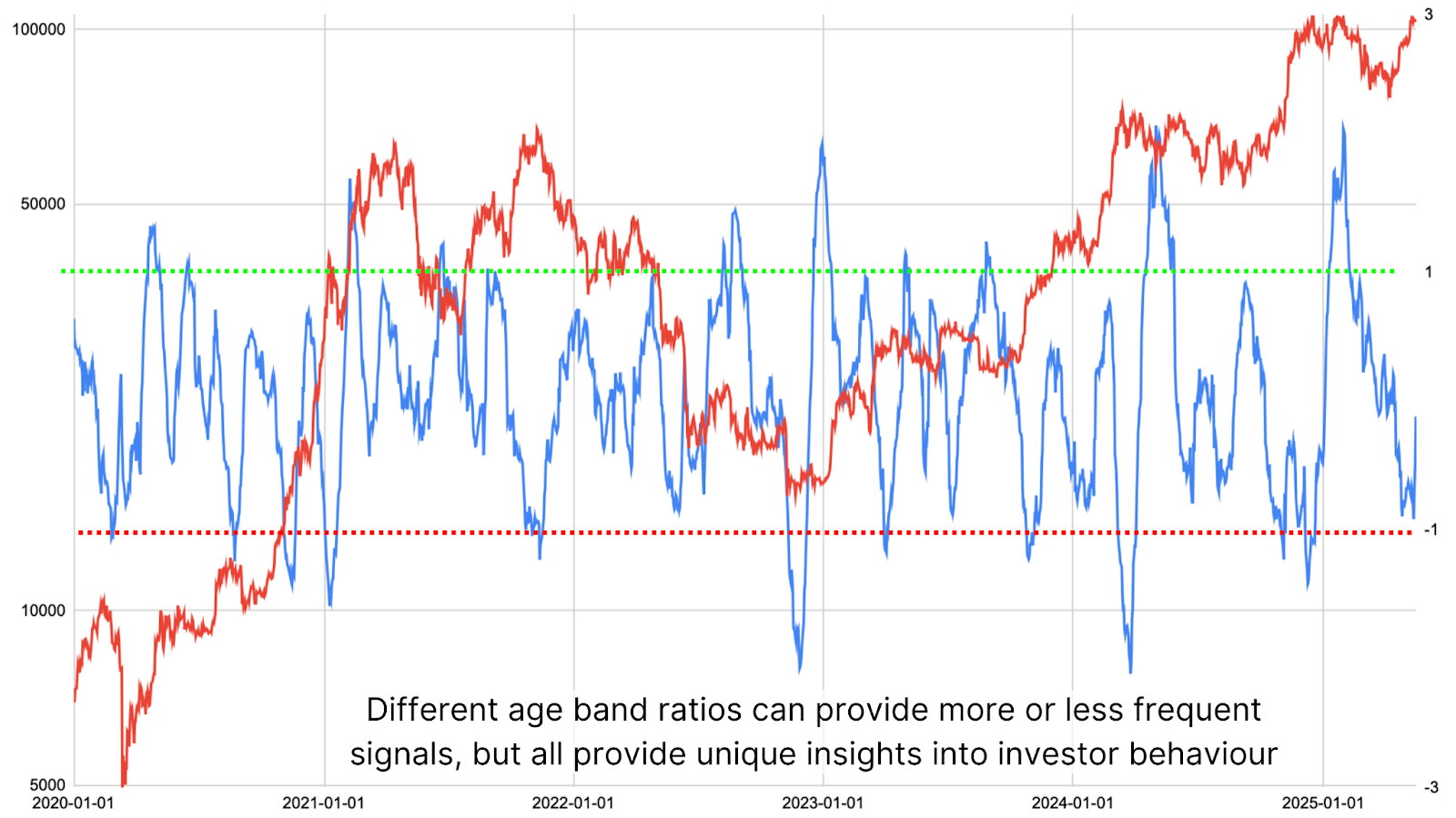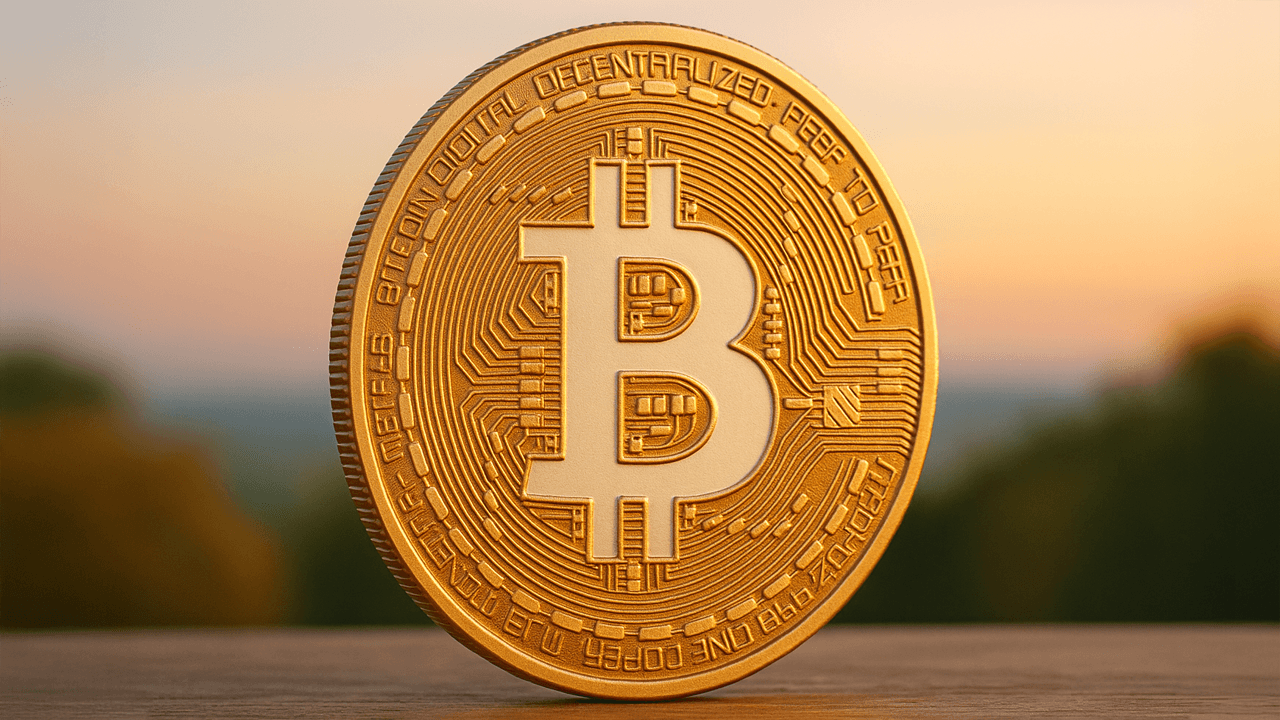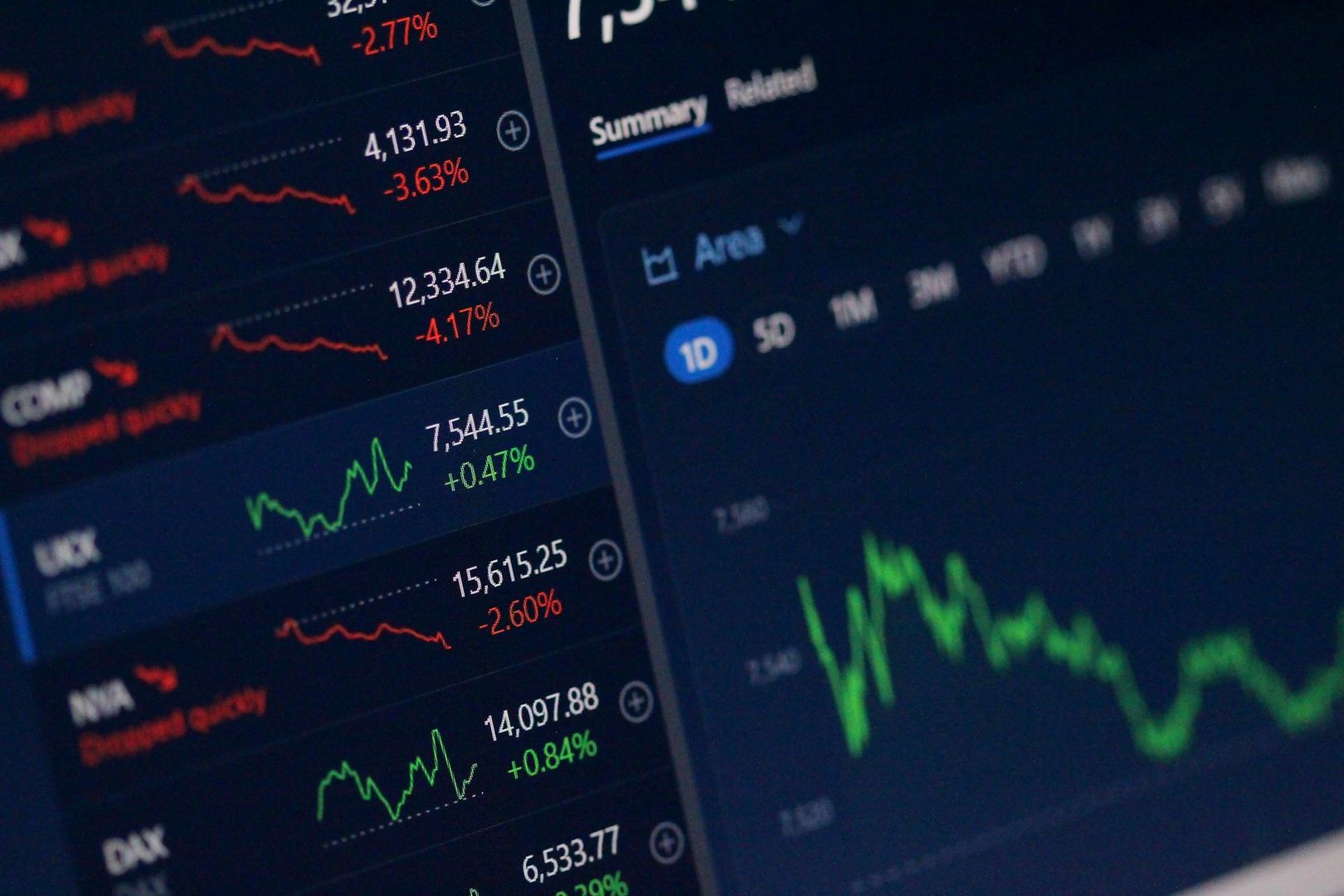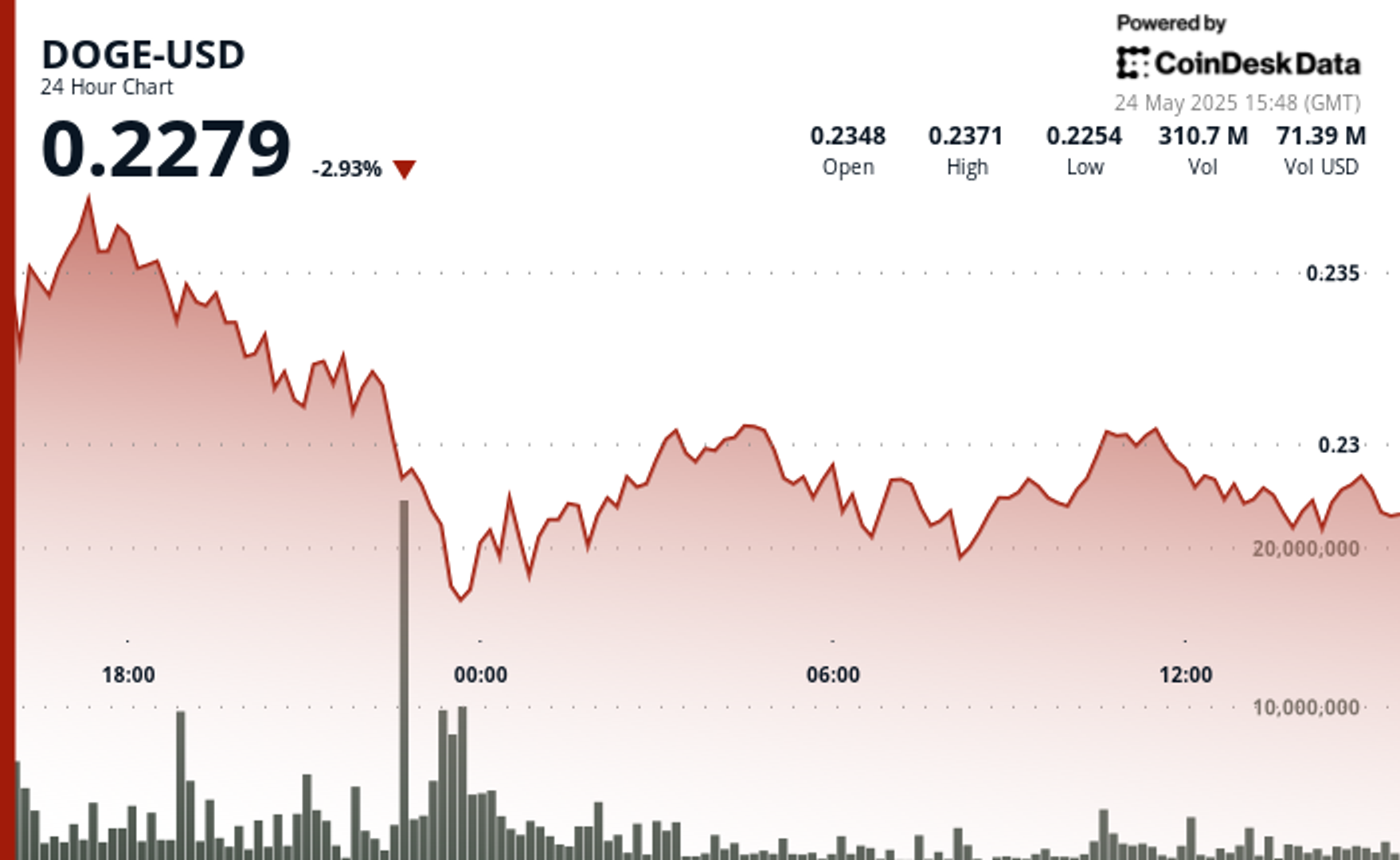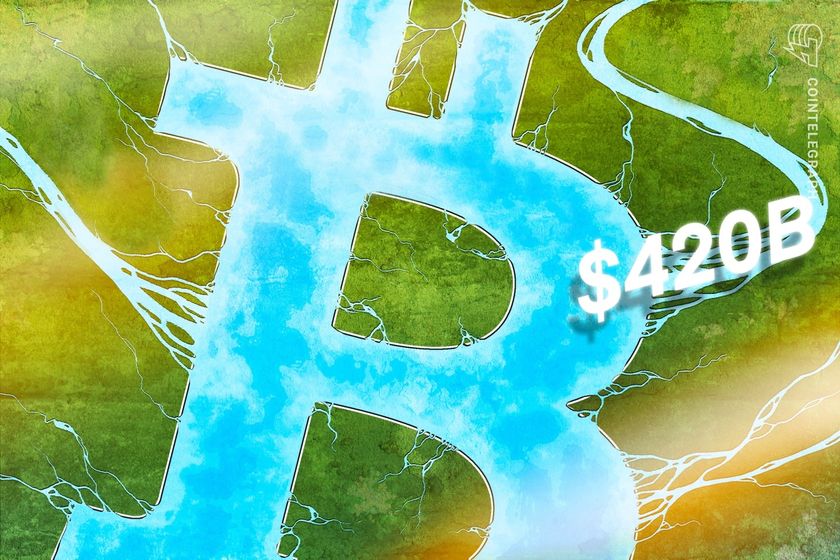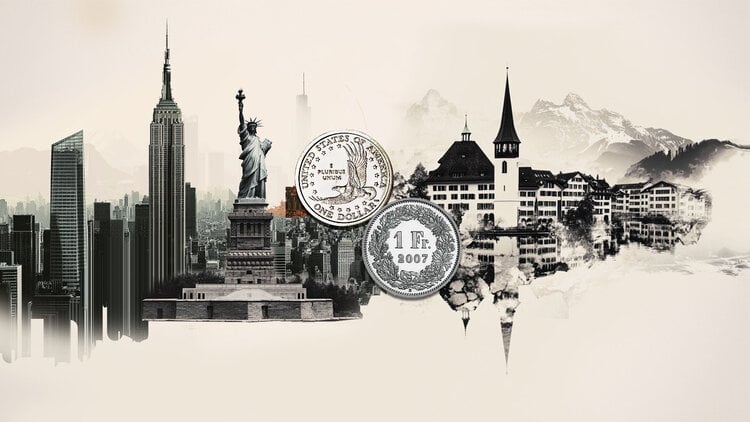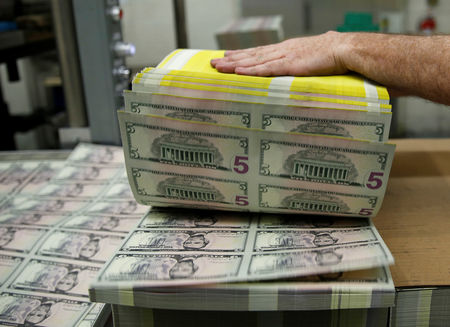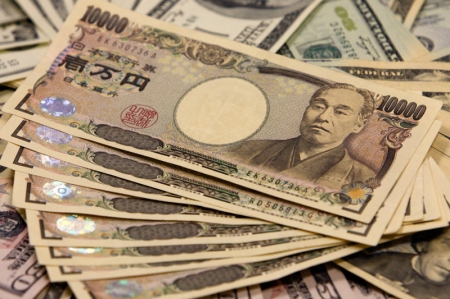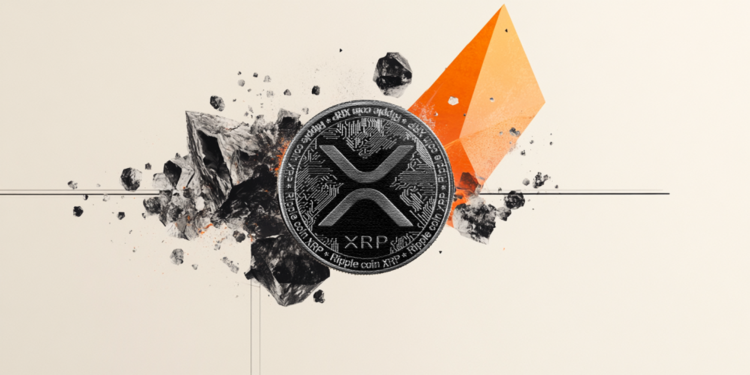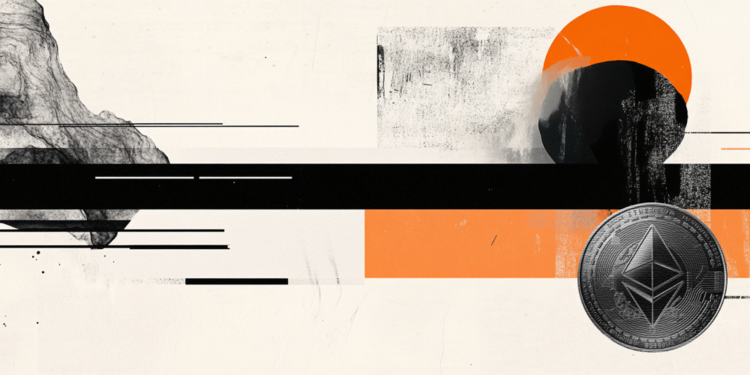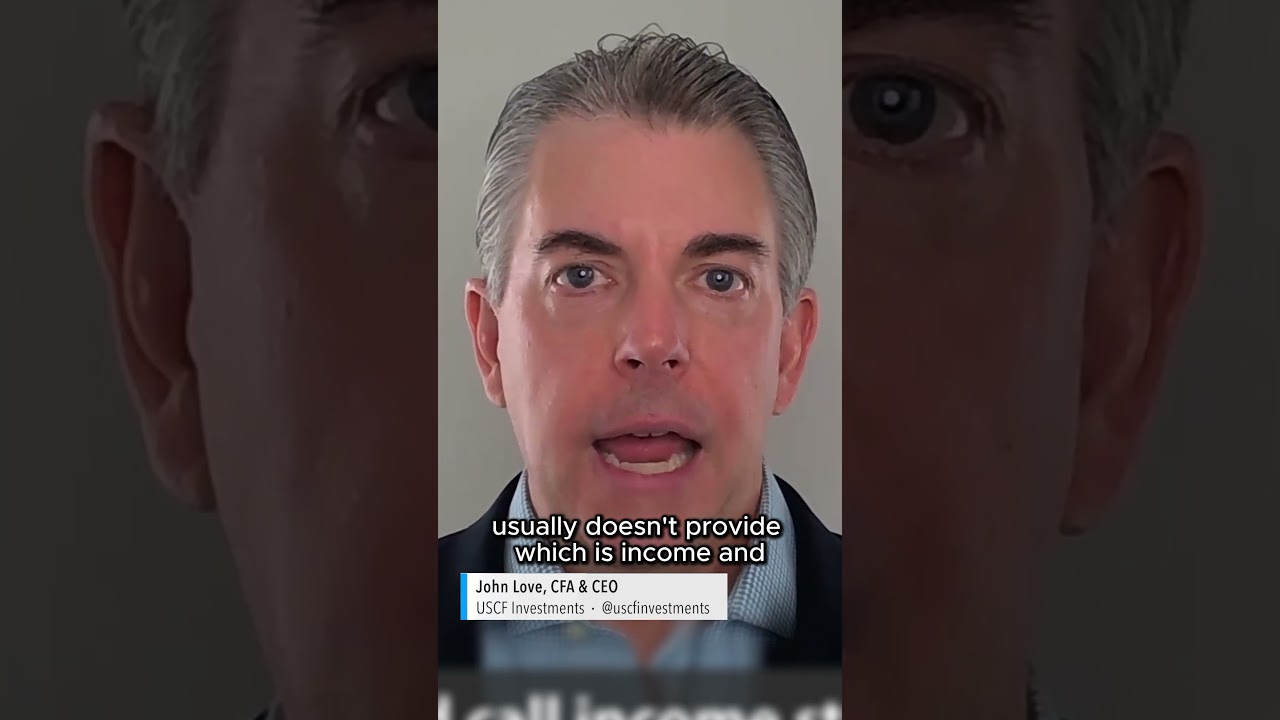King Dollar won’t just give up its crown. Rivals have to take it away—but they’re not ready, currency expert says
"Unless that changes, the dollar will remain on a much longer leash than any currency should rightfully have."

- Predictions that the dollar’s dominance will come to an end soon have proliferated since President Donald Trump launched his trade war, but a currency expert said the greenback won’t simply step down from its position. Instead, other countries and their currencies have to seize the top spot, but they aren’t ready to do so.
Reports of the dollar’s demise have been greatly exaggerated, according to a currency expert, who said the greenback’s dominant position must be seized by others, not just relinquished.
In an op-ed in Foreign Affairs, Eswar Prasad, senior professor of trade policy at Cornell’s Dyson School of Applied Economics, said President Donald Trump’s shocking “Liberation Day” tariffs, attacks on the Federal Reserve’s independence, and erosion of the rule of law have endangered the dollar’s strength as well as the institutions that support it.
“And yet the dollar’s dethroning, a prospect that has long excited U.S. allies and adversaries alike, is unlikely if other countries don’t seize the opportunity to supplant it,” he added. “It appears that they are unprepared to do so.”
That’s because assets in other top economies like China, Japan and Europe still aren’t as attractive as those in the U.S., Prasad explained.
In addition to growth concerns, rivals suffer from governance or political headwinds. China, for example, restricts capital mobility and limits the independence of its central bank. And eurozone political turmoil raises questions about the currency bloc’s stability.
As a result, global investors are faced with the familiar reality that there is still no alternative to the greenback, which has been the currency of choice for international payments and reserves for decades.
“The U.S. dollar’s position at the top of the world’s monetary system has never looked more tenuous,” Prasad wrote. “Luckily for the United States—and unfortunately for the dollar’s detractors—there appears to be no competitor strong enough to bump it off its pedestal.”
To be sure, there has been a “sell America” trade that has seen U.S. Treasury bonds and the dollar sell off, bucking their traditional roles as havens during times of economic uncertainty.
And there are signs of a “buyer’s strike” on U.S. assets as foreign investors reach the limit of how much debt they are able to stomach, especially as Congress and Trump are poised to deepen deficits with a new tax bill.
In Prasad’s view, however, it’s still unclear if the shift away from U.S. assets marks the start of a long-term trend or is simply due to technical and macroeconomic factors, such as tariff-induced inflation causing hedge funds to dump Treasuries.
Meanwhile, foreign investors may also be looking for more diversification in their holdings after relying so heavily on U.S. markets in recent years, he added.
“But this shift could reach its limits soon, because other countries’ currencies and financial markets simply lack the depth (the availability of great quantities of high-quality assets) and liquidity (the easy tradability of those assets) to support large inflows of capital,” Prasad said.
Of course, de-dollarization has been a years-long trend, and the dollar’s lead over other currencies is shrinking.
History also shows that a country’s financial power can shift gradually then suddenly, he pointed out. In America’s case, that could be precipitated by Trump’s “erratic policymaking” or his determination to make the Federal Reserve more compliant.
While the Supreme Court recently said the Fed is insulated from a president’s ability to oust agency heads, Jerome Powell’s term as chairman is expiring next year, and Trump is expected to name a replacement.
Still, U.S. economic rivals have problems of their own, Prasad noted. Japan and Europe suffer from weak growth prospects, turbulent domestic politics, and widening deficits. Meanwhile, China remains plagued by deflation as the Communist Party maintains an iron grip over the country.
That means that even an increasingly fragile dollar should stay on top, for now.
“As has long been the case, this resilience is less a product of American exceptionalism than of fundamental economic, political, and institutional weaknesses in the rest of the world,” he concluded. “Unless that changes, the dollar will remain on a much longer leash than any currency should rightfully have.”
This story was originally featured on Fortune.com























